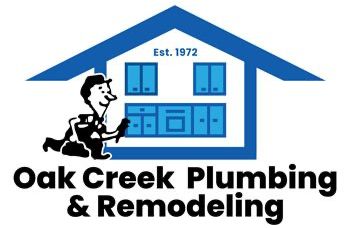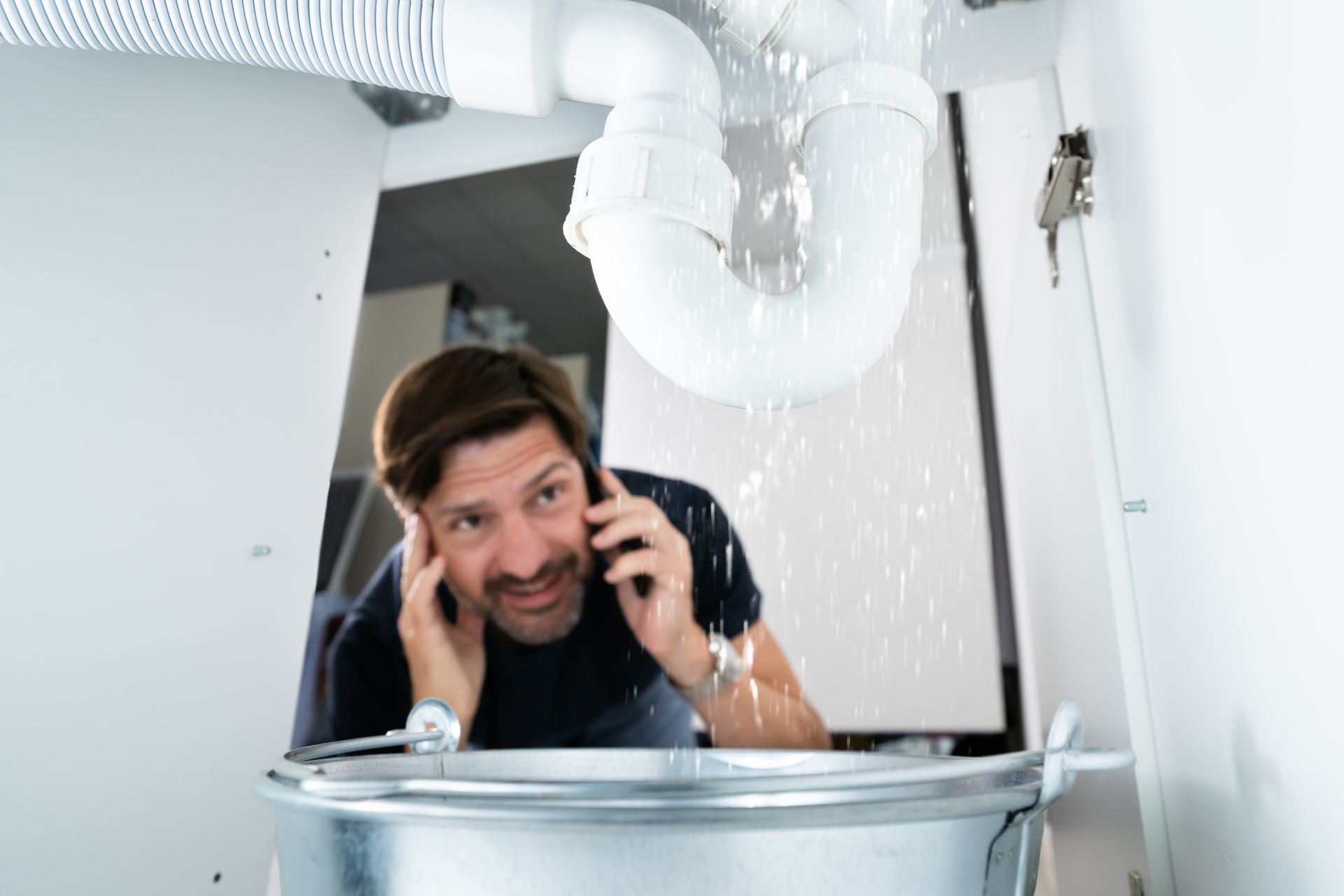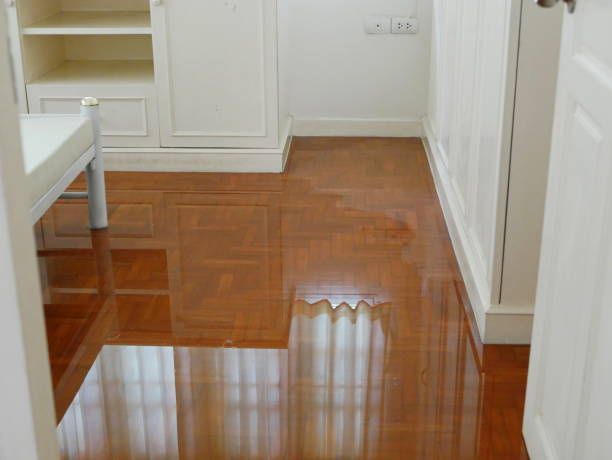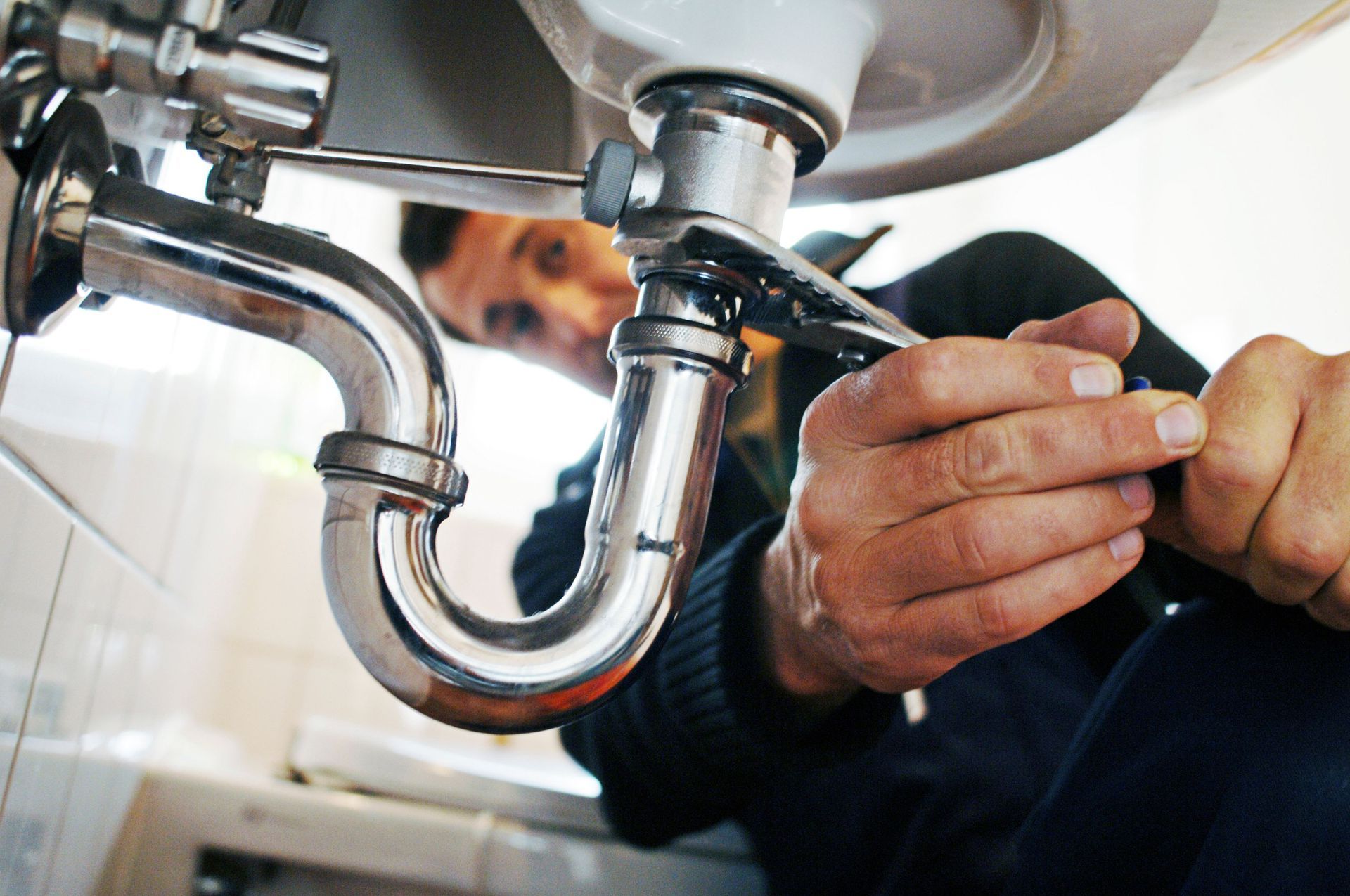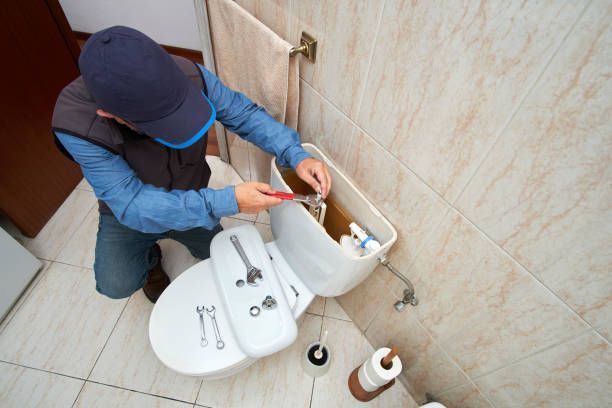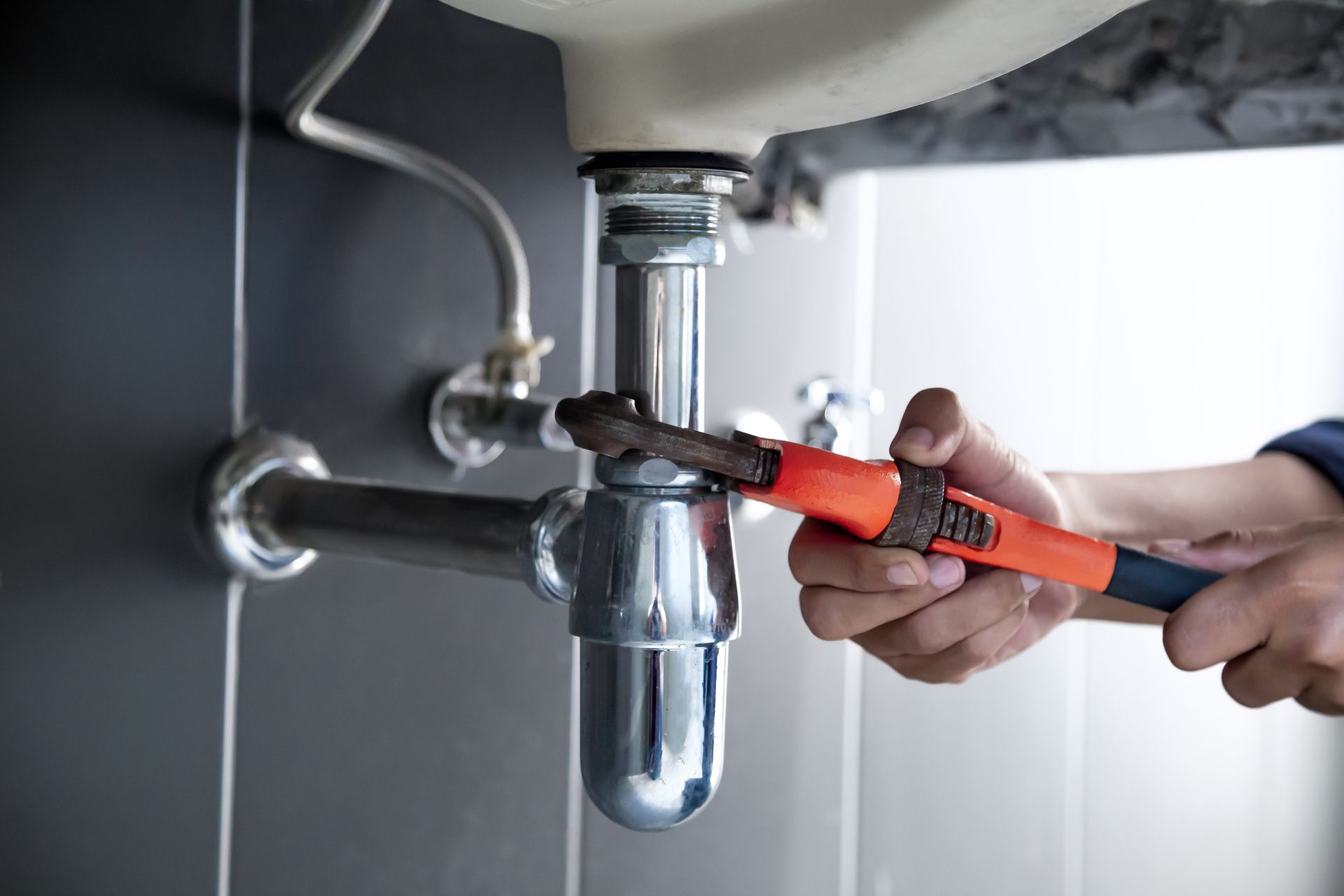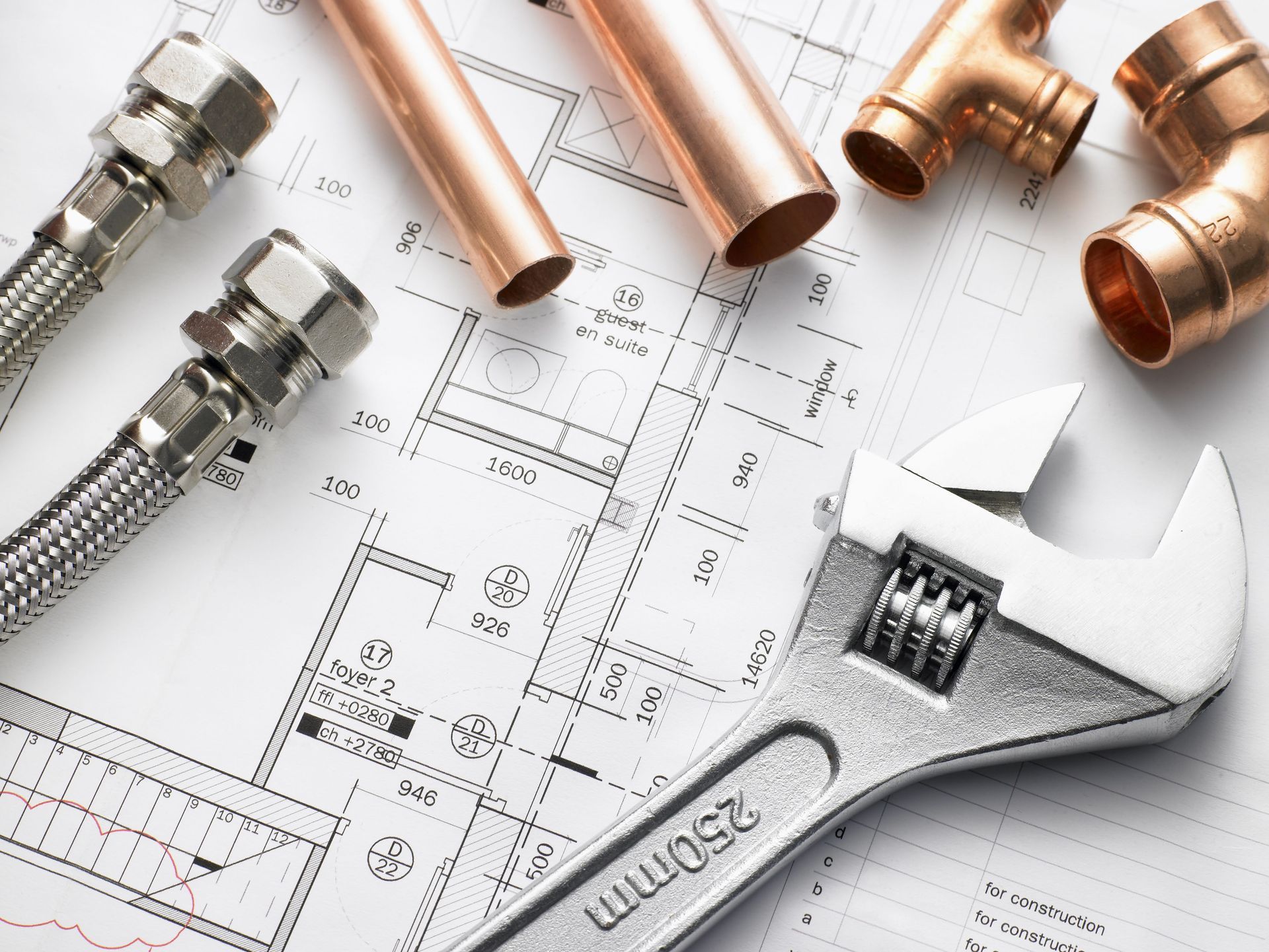Frequently Asked Questions About Water Softeners
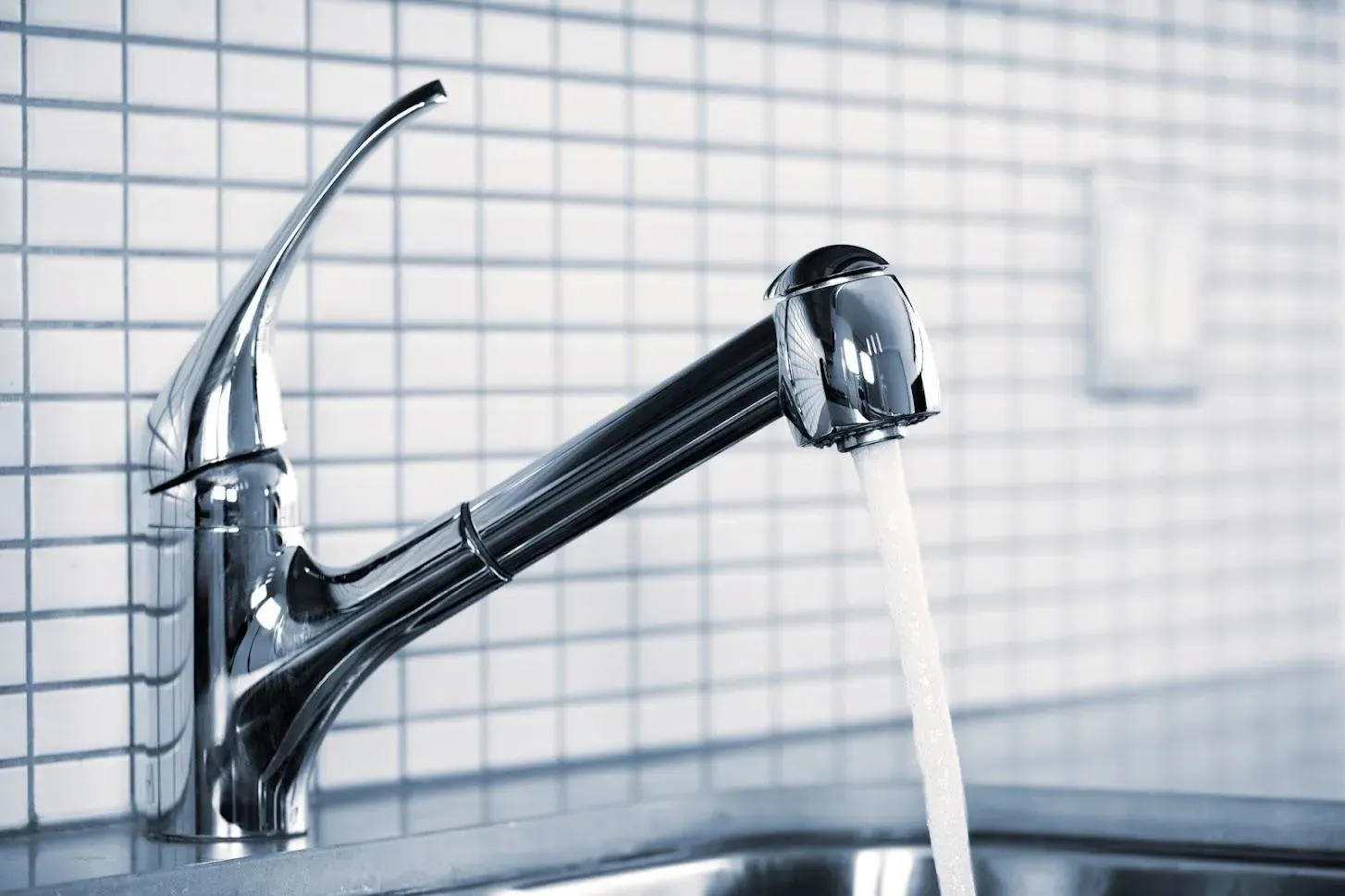
Hard water can create hard times for homeowners and business owners alike. When the minerals in Wisconsin water make their way into plumbing systems and appliances, they can cause a variety of undesirable issues, from stiff laundry and odd-tasting water to poor water heater performance and clogged pipes.
If you struggle with any of these issues, you should consider investing in a water softener. These devices can strip unwanted minerals out of your water as long as you use and maintain them properly. Take a look at the answers to these frequently asked questions about water softeners.
What Constitutes Hard Water Versus Soft Water?
Plumbers and other water experts use the term hardness to describe the amount of calcium and magnesium in the water supply. These minerals may not appear evident to the naked eye while they remain dissolved in your water. However, as they separate from the water and solidify, they can form solid debris known as lime scale.
Hard water contains more than 17 parts per million of calcium and magnesium, with the hardest water reaching or exceeding 180 parts per million. Unfortunately, Winsconsin's abundant limestone contributes enough mineral content to the local water to turn it extremely hard in many parts of the state.
Why Might You Need a Water Softener?
Hard water doesn't pose health risks except at very high levels. However, you may find that your drinking water tastes unpleasant due to the minerals suspended in it. The calcium and magnesium can also leave you with stiff, sticky hair, skin, bedding, and clothing as they interfere with soap's ability to rinse away.
You may feel even more concerned about hard water's potential for damage. Lime scale sticks to the galvanized steel in older pipes, resulting in clogs and corrosion. This mineral accumulation can eventually cause slow-flushing toilets, exterior siding stains (from the sprinkler water), and washing machine or dishwasher failure.
How Does a Water Softener Work?
A water softener relies on a phenomenon called ion exchange to remove the calcium and magnesium from hard water. As the water moves past resin beads that carry a negative charge, the minerals stick to the beads, leaving behind mineral-free water which then goes to all the faucets, drains, and appliances in your home or business.
Obviously, the resin beads can only collect so much calcium and magnesium before they grow completely encrusted and lose their effectiveness. When sensors detect the need to recharge the beads, salty water from a brine tank rinses the beads clean and flushes the minerals out of the system.
How Can You Keep Your Water Softener in Good Condition?
A high-quality water softener system should work effortlessly for many years, but it requires some degree of attention from its owner. You'll need to replace the pellets that make your brine tank salty from time to time. Regular salt pellets and potassium chloride pellets can work equally well.
Hard water softeners can develop occasional electrical glitches, clogs in the lines or filters, and fungal growth that needs removing. To ensure that every part of your water softener keeps working properly, schedule an annual maintenance inspection from your plumbing provider.
No matter how thoroughly you maintain your water softener, the unit will eventually fail after 15 to 25 years of normal wear and tear. If your water softener seems to require more and more attention or repair work in its second decade, timely replacement should save you long-term expenses while protecting your plumbing system.
If your home or business facility could benefit from a state-of-the-art water softener installation, turn to Oak Creek Plumbing. Our technicians can equip you with an advanced, computer-controlled system, along with skilled maintenance and repairs to keep that system running well for many years to come. Contact us for details.


